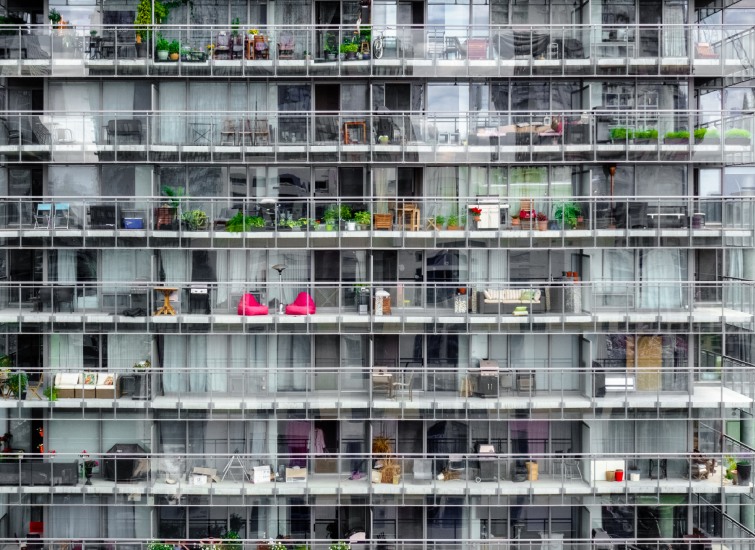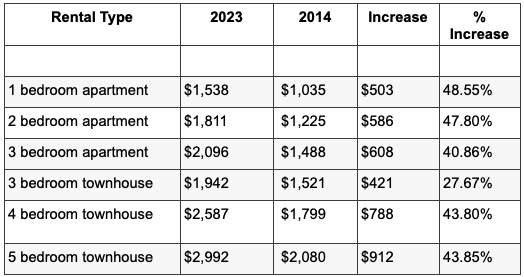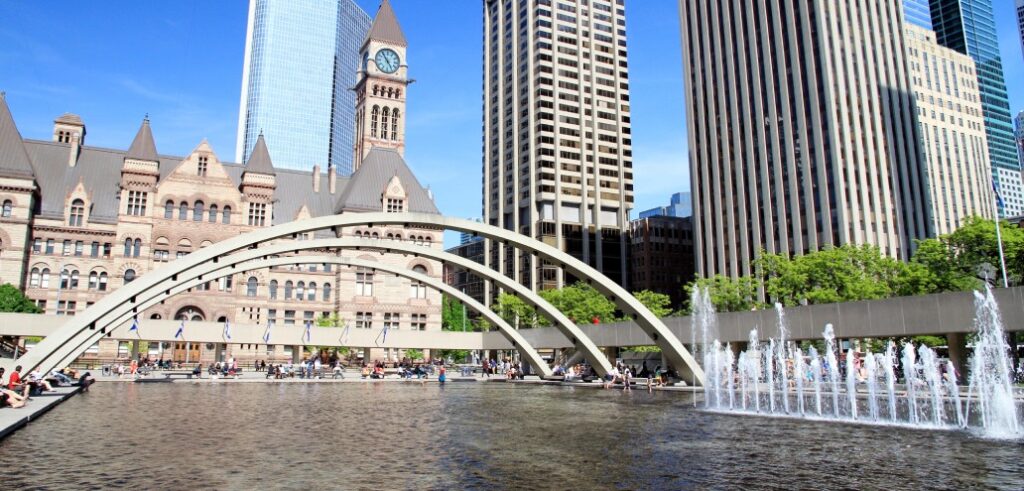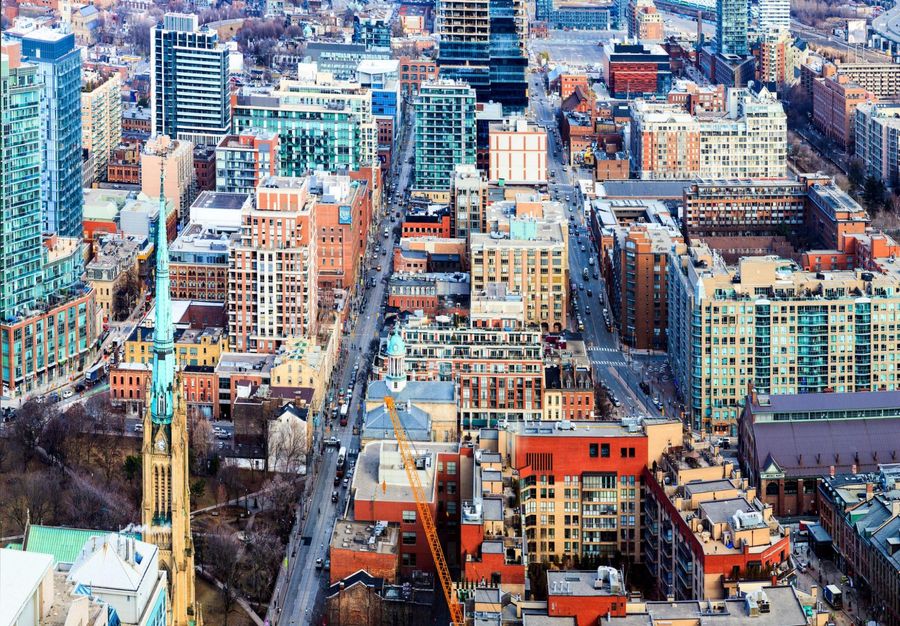Toronto City Council recently approved an enhanced apartment inspection and enforcement initiative aimed at boosting health and safety, as well as enabling easy access to online information on building conditions citywide. RentSafeTO, which oversees over 3,600 apartment complexes, approved the new rules to help uphold maintenance standards.
Under the revamped regulations, non-compliant properties will be targeted for engagement and inspections. Additionally, inspection fees for landlords found in breach of city rules are being increased.
All buildings will be evaluated more frequently, on a two-year cycle instead of a three-year one. Situations that will trigger focused enforcement actions:
- Properties are found to be substandard
- Landlords don’t address complaints sufficiently
- Landlords don’t complete required remedial work in two consecutive months
These cases could potentially lead to in-unit visits by municipal personnel to collect resident complaints, with onsite information kiosks and door-to-door outreach initiatives to address tenant concerns. Associated costs of $2,900 will be charged to the owners.
In extreme cases where a landlord is failing to address an order, the city can hire contractors to complete necessary repairs, and charge the costs to the owner’s property tax. This can also include city staff time at $86 per person for overseeing this process
There are concerns that these fees out-pace inflation and may simply be passed on to renters.
The Federation of Metro Tenants’ Associations has called for even more stringent, increased fines and penalties, and is asking for a move of the penalties system from provincial courts to the City of Toronto to expedite processes.

A new RentSafe interactive map will allow potential renters to see city-issued orders or violations as of the start of this year.
The 2024 Rent Increase Guideline, the maximum amount that most landlords can increase a tenant’s rent without approval of the Landlord and Tenant Board, has been set at 2.5%.
The rent increase rules stipulate that residential rent can be raised up to this limit, but only after a minimum of 12 months since the last increase, if written notice was given at least 90 days beforehand, or at the start of a new tenancy. However, exceptions may apply, including but not limited to, commercial properties.
Landlords can seek approval from the Landlord and Tenant Board for rent increases in specific cases.
Average Monthly Rents and Increases
The average market rent numbers according to the City of Toronto do indicate relatively high rates, with consistent increases in value from 2014 to the present.
2024 Average Rents
- Hostel/dwelling room: $1,117
- Bachelor/studio apartment: $1,427
- 1 bedroom apartment: $1,708
- 2 bedroom apartment: $1,992
- 3 bedroom apartment: $2,241
- 4 bedroom apartment: $2,604
- 5 bedroom apartment: $2,912
- 6 bedroom apartment: $2,912
- 1 bedroom townhouse: $1,711
- 2 bedroom townhouse: $1,755
- 3 bedroom townhouse: $2,082
- 4 bedroom townhouse: $2,662
- 5 bedroom townhouse: $3,079
- 6 bedroom townhouse: $3,496
Since 2024, rents have increased for most dwelling types quite significantly. However, new tenancies and other situations will play a role in increasing rents beyond RIG levels.









